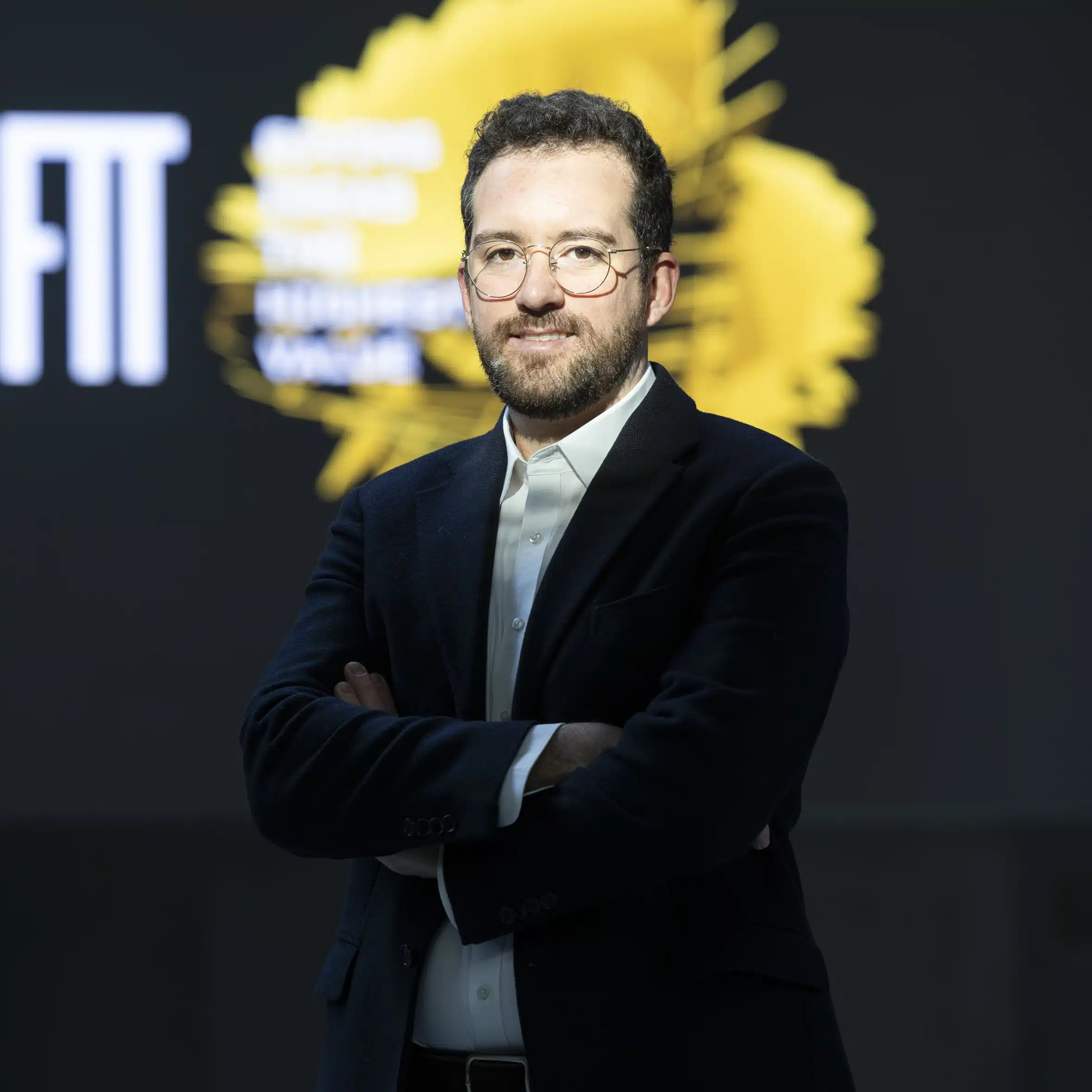INTA
INTA Systems, is an Italian start-up, the first joint spin-off of the Scuola Normale Superiore di Pisa e del Consiglio Nazionale delle Ricerche Istituto Nanoscienze di Pisa (CNR-NANO). Founded in April 2020 by Matteo Agostini, PhD in Molecular Biophysics at the Scuola Normale Superiore, Marco Cecchini and Marco Calderisi, it aims to revolutionise the world of high-precision portable diagnostics.
INTA develops and produces lab-on-chips, consisting of ultra-sensitive sensors for rapid fluid analysis. The company’s patented chips are capable of detecting a wide variety of analytes in just a few minutes, including proteins, viruses, bacteria, antibodies and nucleic acids.
The technology makes use of sensors commonly employed in the telecommunications sector, i.e. sensors that exploit acoustic waves. INTA’s sensor detects the frequency variation in the vibration of acoustic waves when antibodies bound to the surface of the sensors come into contact with the molecules to be measured. The sensors are integrated into a chip contained in an inexpensive disposable cartridge, which can be analysed by non-specialist personnel using a reader at any location. This simple procedure facilitates access and use for diagnostic purposes without requiring specialised expertise.
Since the date of its foundation, INTA has achieved important milestones: among the main ones, the realisation and validation of the first prototype of the diagnostic system in the biomedical field called NanoAnalyser, the consolidation of intellectual property with new patent applications, industrial collaborations in various fields, and the consistent expansion of the team.
The NanoAnalyser enables the early and accurate diagnosis of head injuries: by analysing blood through six specific markers, it helps to classify patients before they undergo CT and MRI examinations.
The next steps for INTA include moving from the prototype phase to the development of the final device, with the aim of obtaining an initial certification to enter the market. Parallel to the development of the rapid brain injury detection product, the company will work on identifying the next potential applications in, for example, environmental monitoring and food analysis.




